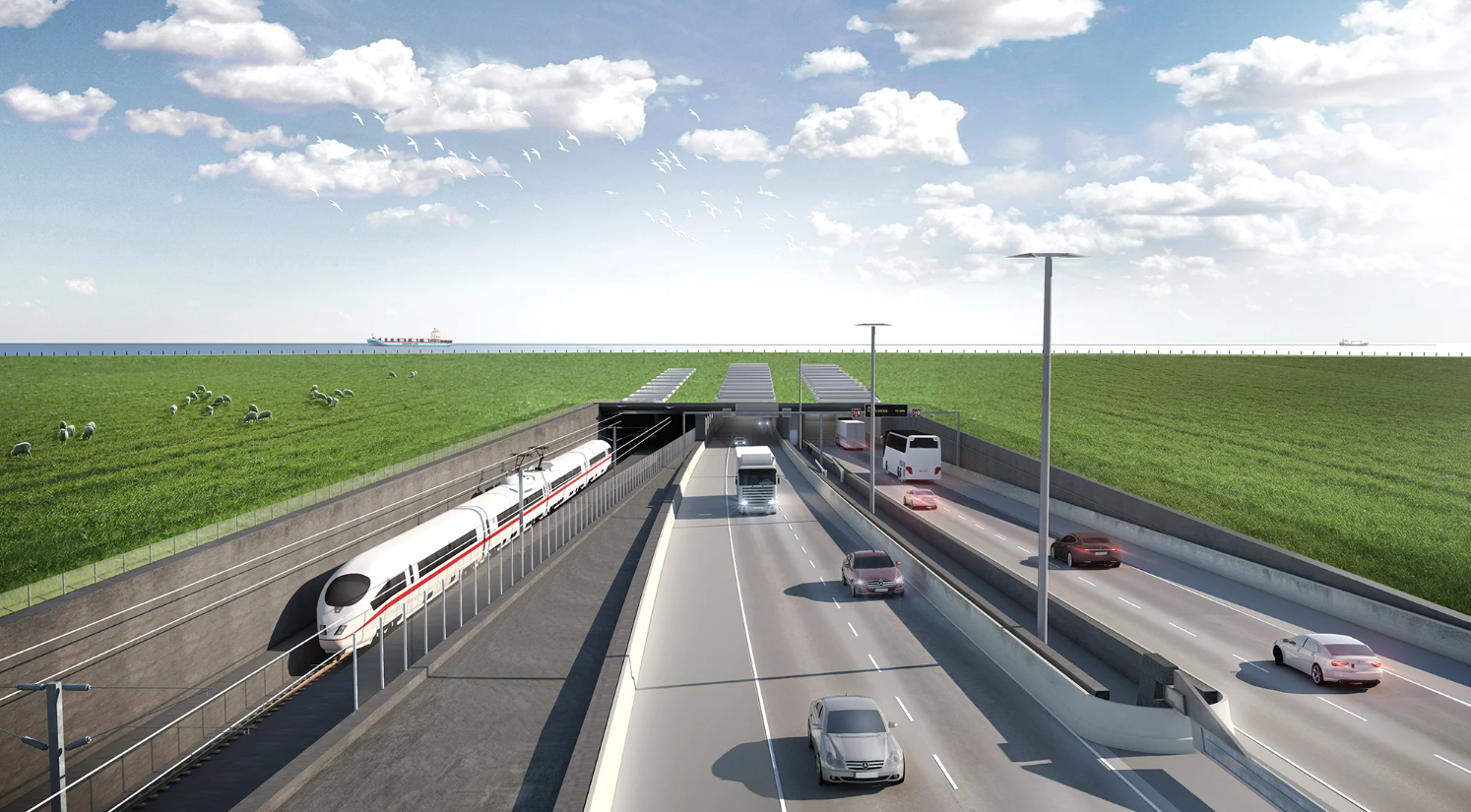How philanthropy can mobilize actors in the capital stack to accelerate action on climate and nature
* Climate change is impacting people across Asia more than ever, with the region hit by increasingly intense tropical cyclones and increased rainfall.
Governments and business leaders need to accelerate action on climate change, and funding needs to rise by more than $3 trillion a year.
Philanthropy can play a pivotal role in catalyzing the capital and innovation required, and this will be a key focus of the One Earth Summit 2024.
Climate change is impacting the lives of communities across Asia more profoundly than ever, with regional changes including the intensification of tropical cyclones and increased rainfall leading to flooding.
As recently as October, Hong Kong SAR witnessed severe flooding as a result of Typhoon Koinu, which brought heavy rains and strong gales just a month after the city had been paralysed by unprecedented rainfall.
Such events make it impossible to overlook the urgent climate crisis, leading governments and businesses to intensify their efforts in addressing it. Indeed, funding for equitable climate and nature transitions should be increased by more than $3 trillion per year.
If we are to have a chance at meeting these goals, we must mobilize all actors in the capital stack to play to their strengths at each point in the climate and nature innovation journey.
Philanthropies, corporate philanthropies, and other entities play crucial roles in creating enabling environments, addressing obstacles and fostering early-stage innovation. This includes activities such as impact investing, funding from family offices and venture capital for startups, and various stages of capital infusion for innovators.
Multilateral development banks (MDBs) contribute by providing concessional capital and shouldering substantial risks with their financial products. Additionally, multinational corporations leverage their research and development efforts and commit to send demand signals to support development of innovative products and solutions.
Governments play a vital role by offering fiscal incentives and utilizing their public purchasing power to send market signals. The collective goal is to assist private capital and markets in making sustainable climate and nature investments the new norm in the marketplace.
None of these actors can lower the green premiums of the transitions in every sector on their own. Only a full and global orchestration of actors in the capital stack, to each use their superpower in the right place at the right time – will get us there. World Economic Forum





